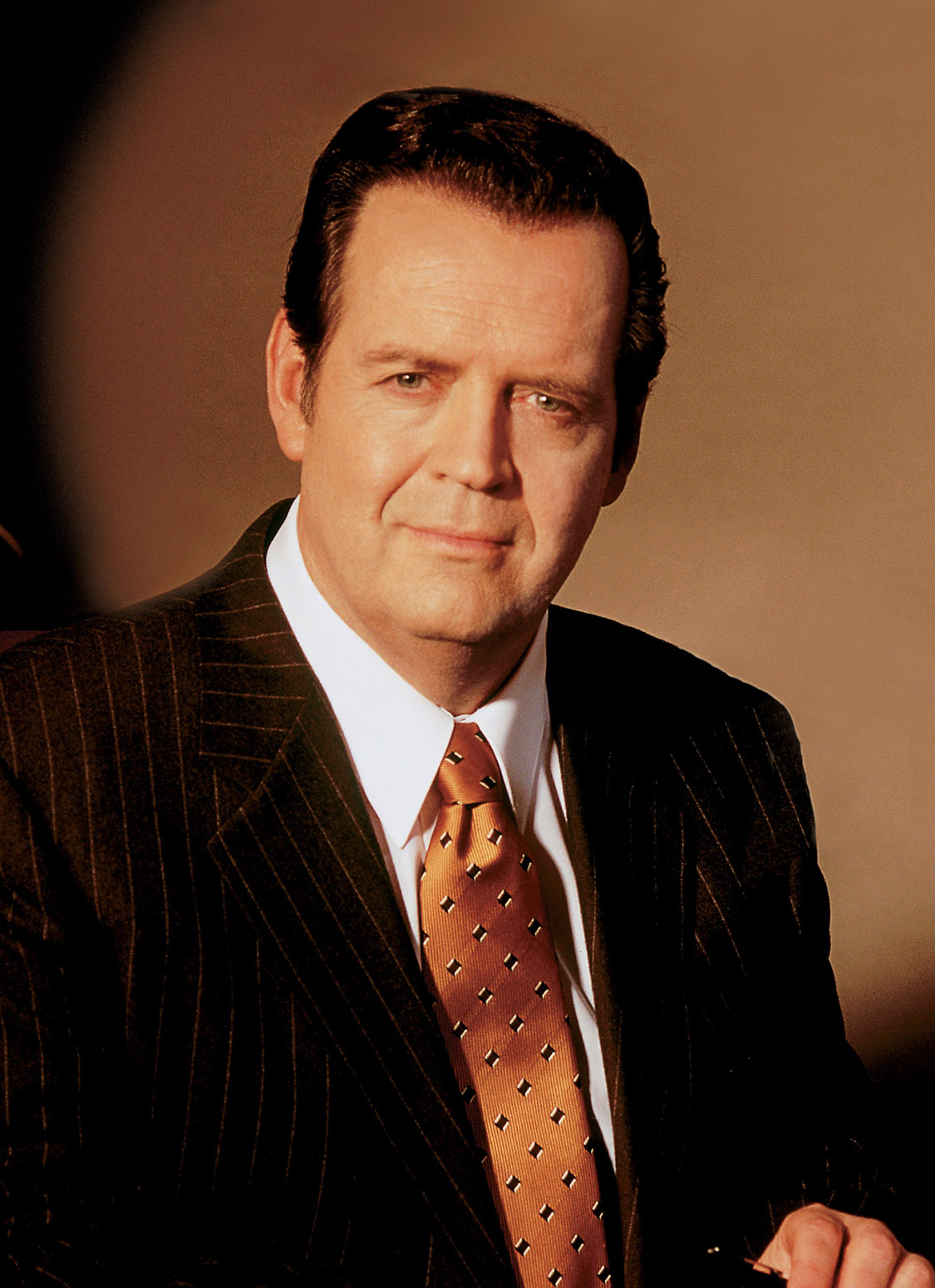
EDITORS’ NOTE: The following column addresses the resolution adopted at this year’s annual meeting of the Southern Baptist Convention in which messengers expressed their “total opposition to the manufacturing, advertising, distributing, and consuming of alcoholic beverages.”
NASHVILLE, Tenn. (BP)–While the Bible may be subject to various interpretations concerning alcohol consumption (as well as the nature of the beverage consumed), Southern Baptists’ understanding of the issue has been exceedingly unambiguous. In the convention’s history, SBC messengers have adopted more than 40 resolutions on the issue prior to this year — as recently as 1991 and as early as 1886.
Southern Baptists meeting in session have called their brothers and sisters to live “an exemplary Christian lifestyle of abstinence from beverage alcohol and all other harmful drugs” (1984); to recognize alcohol as “America’s number one drug problem” (1982); to “reaffirm our historic position as opposing alcohol as a beverage” (1978); to view “personal abstinence” as the “Christian way” (1957); to express their “unceasing opposition to the manufacture, sale and use of alcoholic beverages” (1955); to realize alcohol is a “habit-forming and destructive poison” (1940) and the “chief source of vice, crime, poverty and degradation” (1936); and to “reassert our truceless and uncompromising hostility to the manufacture, sale, importation and transportation of alcoholic beverages” (1896).
Resolutions reflect the sense of the convention in session. And while they have no binding authority in and of themselves, they are instructive as to where Southern Baptists have stood on particular issues at particular periods in their history.
WHAT THE BIBLE SAYS
Though nowhere in Scripture will you find it written that alcohol consumption itself is a sin, you do find clear and dire warnings about its use and abuse.
I agree with my predecessor here at the SBC’s Ethics & Religious Liberty Commission, the late Foy Valentine, who wrote in a commission pamphlet: “Since Noah first grew grapes, made wine, passed out, and brought shame to himself and his family, the human race has been grappling with the moral dimension of the alcohol problem.”
We often abuse the liberty we have in Christ. We mistake it for license to engage, under Christ’s covering, in any behavior. We know the Apostle Paul likewise wrestled, as he wrote, “For I do not do the good that I want to do, but I practice the evil that I do not want to do” (Romans 7:19).
Even those of us who are washed in the blood of Christ still struggle with our sin nature, which pulls us to do, to think and even to say things we know do not honor our Lord. Yet Paul continues in his letter to the believers in Rome, writing, “Those whose lives are according to the flesh think about the things of the flesh, but those whose lives are according to the Spirit, about the things of the Spirit” (Romans 8:5).
TRANSFORMED PEOPLE
Does the Holy Spirit desire for us to engage in behavior — sinful or not — that could draw another away from Christ? Of course not. It is on that scriptural basis — among others — that I contend the Bible does have something to say about the consumption of beverage alcohol and other behaviors not specifically addressed.
“The mind-set of the Spirit is life and peace” (v. 6), the Apostle Paul continues in chapter 8. I don’t believe there is a need for a foreign substance to achieve peace or relaxation, or whatever state some assert the moderate use of alcohol produces. Can a mind, altered by the consumption of alcohol, also be under the control of the Holy Spirit?
We are to be transformed people, offering our “bodies as a living sacrifice, holy and pleasing to God.” This is our “spiritual worship,” Paul writes in Romans 12:1-2.
Alcohol, along with many other things, corrupts our body, and we are not then in control of it to offer it to God — “holy and pleasing.”
While alcohol use can be a stumbling block to the lost, more than that, a mind diminished by alcohol can miss a divinely ordained opportunity to share the hope that is in Christ. Foy Valentine wrote, “Alcohol’s drugging, depressing effect reduces mental capacity and thereby deadens moral sensitivity.”
I have enough things in my life that distract me from my calling. I can’t imagine intentionally ingesting a substance that will impair my judgment and further distract me from God’s will for my life.
It appears it does not take much alcohol to impact a person physiologically. Researchers at the University of Washington in Seattle determined among test subjects that even one “strong drink” can cause a “substantial perceptual deficit.” This “inattentional blindness” in those whose blood alcohol level was less than half the legal limit resulted in these individuals being more likely not to notice an object that appeared unexpectedly in their line of sight (Reuters, “One strong drink can make you ‘blind drunk’,” July 4, 2006).
While I believe abstinence has sufficient biblical underpinnings, there are plenty of sociological indicators to persuade me that its use is unwise.
An adolescent’s view of alcohol is positively associated with his or her parents’ drinking behavior and attitudes, I suppose in much the same way a child’s view of prayer and personal Bible study is impacted by his or her parents’ behavior.
A study done a few years ago found that in homes where the parents were total abstainers from alcohol, 16 percent of the teenagers in the home experimented with alcohol before adulthood. In homes were the parents were social drinkers, 66 percent of the children experimented with alcohol before adulthood.
And a child who drinks before age 15 is four times more likely to develop alcohol dependence, the National Institute on Alcohol Abuse and Alcoholism reports. Furthermore, recent studies have shown the alarming extent to which alcohol decimates an adolescent’s still-developing brain and nervous system — far more harshly than it does those of an adult.
In modern American society, the human toll taken by alcohol abuse is staggering. According to a recent USA Today/HBO poll, 20 percent of Americans indicated they “had an immediate relative who at some point had been addicted to alcohol or drugs.” The article, “In Tim Ryan’s Family, He is the Addict,” in the July 20, 2006, issue of USA Today notes, “That translates into roughly 40 million American adults with a spouse, parent, sibling or child battling addiction.”
When you add the millions of children living with addicted parents, you are talking about a devastating problem that adversely impacts the lives of nearly half the people in our nation. Virtually all users of other drugs start with alcohol; that is why it is called the “gateway” drug. The USA Today article quotes Sis Wenger, executive director of the National Association for Children of Alcoholics, as saying, “For every person who’s alcoholic or dependent on other drugs, there are at least four or five people hurt on a regular basis.”
HONORING GOD
In truth, alcohol use, like many things in life, is a matter of personal conviction. It is a matter of making wise decisions that honor God. But for me there is no debate; alcohol is more often than not a scourge on our society and disaster waiting to happen for many families.
Just hours before Southern Baptists opened their annual meeting in Greensboro, N.C., and just a few miles east in Durham, J.J. Redick, star basketball player for the Duke Blue Devils and the Associated Press Player of the Year, was arrested on charges of drunken driving after he made an illegal U-turn to avoid a police checkpoint.
The incident probably won’t impact the player’s future. He was drafted 11th by the Orlando Magic in the NBA draft a few weeks later. But what about his witness?
On November 10, 2005, Redick gave an interview to the Charlotte Observer. The basketball standout, who has two tattoos, both Bible verses (Isaiah 40:31 and Joshua 1:9), said the most important person in his life was Jesus Christ. “When I die,” Redick said, “I’d like people to look back on my life and say, ‘He was a man of God.’”
J.J. Redick’s moral lapse is well covered by the atoning work of his Lord and Savior, and his legal transgression will probably be well covered by a well-paid legal defense. But what does his decision to drink signal to a youngster who admires him?
CONSIDER YOUR WAYS
Most of the time we never know about the long-term payout of our actions. Who’s watching? What are they seeing? We constantly are sending messages to those who are watching and listening. And as an ambassador of Christ (2 Corinthians 5:20), it behooves us all to consider carefully our ways.
We often have been reminded of the potent question from Charles Sheldon’s “In His Steps”: “What Would Jesus Do?” Let us ponder that question. Can anyone really imagine Jesus weighing the decision, “My wine or my witness?” — and choosing the wine?
–30—-














